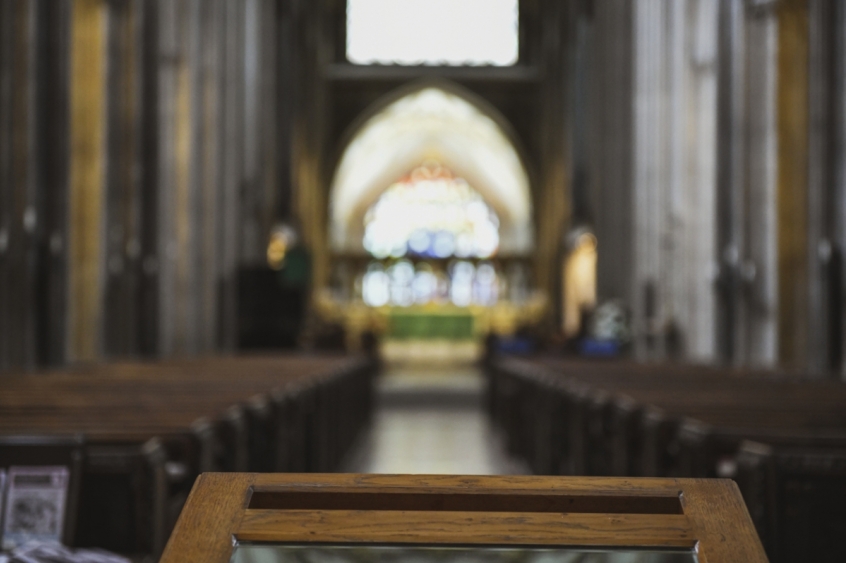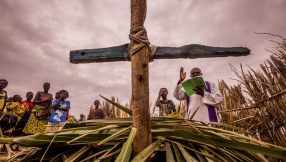
General Synod begins on Friday and it looks as if the "new spirit of generosity and pragmatism" which Bishop Martyn Snow recently identified is going to be in short supply.
Earlier this week, the orthodox grouping 'The Alliance' wrote an open letter to the Archbishops of York and Canterbury pleading with them, not to introduce standalone services of blessing for same-sex couples without following, "the lawful constitutional path to preserve the unity of the Church throughout the Anglican Communion."
But it was not just the process that concerned them – The Alliance believe that introducing such services would "be part of a schismatic move which departs from the teaching received and upheld not only by the vast majority of the Anglican Communion (representing around 75% of the Anglican Communion's 80 million members), the Roman Catholic Church, the Orthodox Churches but also the vast majority of other churches around the world".
The Alliance went on to suggest that if General Synod went ahead with the plan put forward by the bishops they would "have no choice but rapidly to establish what would in effect be a new de facto 'parallel Province' within the Church of England".
This was fighting talk and perhaps unsurprisingly their letter could not go unanswered and one of the most senior bishops in the Church of England, the Bishop of Oxford, Steven Croft, was given the task.
In an open letter he questions The Alliance's mandate, claims there is no significant doctrinal change, and alleges there was "a very considerable consensus at the Lambeth Conference in 2022 about accepting different views on sexuality yet still walking together".
It seems that just like the Archbishop of Canterbury before him, Bishop Croft would rather forget that hundreds of bishops boycotted the Lambeth Conference because they could not walk together with those who have departed from the teaching of the Church. It also seems to have slipped his mind that many who did attend were also very clear that they too could not walk together.
The truth is, there was no vote at Lambeth and there was no opportunity for bishops to dissent from the party line espoused by the Archbishop of Canterbury.
The Bishop of Oxford may have forgotten the events of 2022, but surely he cannot have missed the more recent statements from Gafcon and the Global South Fellowship of Anglicans, who between them represent about 75 per cent of the Anglican Communion. Again and again they have said that in seeking to change the teaching and practice of the Church, the Church of England and the Archbishop of Canterbury have forfeited their leadership role of the global Communion.
In the light of that global consensus, it is both arrogant and patronising for the Bishop of Oxford to suggest that, "Not a single one of these proposals therefore amounts to a change in the Church of England's doctrine of marriage."
Bishop Croft went on accuse The Alliance of "catastrophising language" before doing some catastrophising of his own in reference to the "de facto parallel Province".
"I am afraid," he wrote, "this has to be named for what it is: a proposal for a deep and disproportionate schism in the life of the Church of England and, surely, a proposal which will grieve Anglicans in every place."
The gloves are off. There is a danger that other important questions, will not receive the attention they deserve because members of Synod are too distracted or despondent to participate in other debates.
But not all are resorting to catastrophic language. One member of the House of Clergy, who has asked to remain anonymous, read the Bishop of Oxford's letter, and simply commented, "This is very robust language indeed, I'm not looking forward to General Synod at all."
Susie Leafe is director of Anglican Futures, which supports orthodox Anglicans in the UK.













